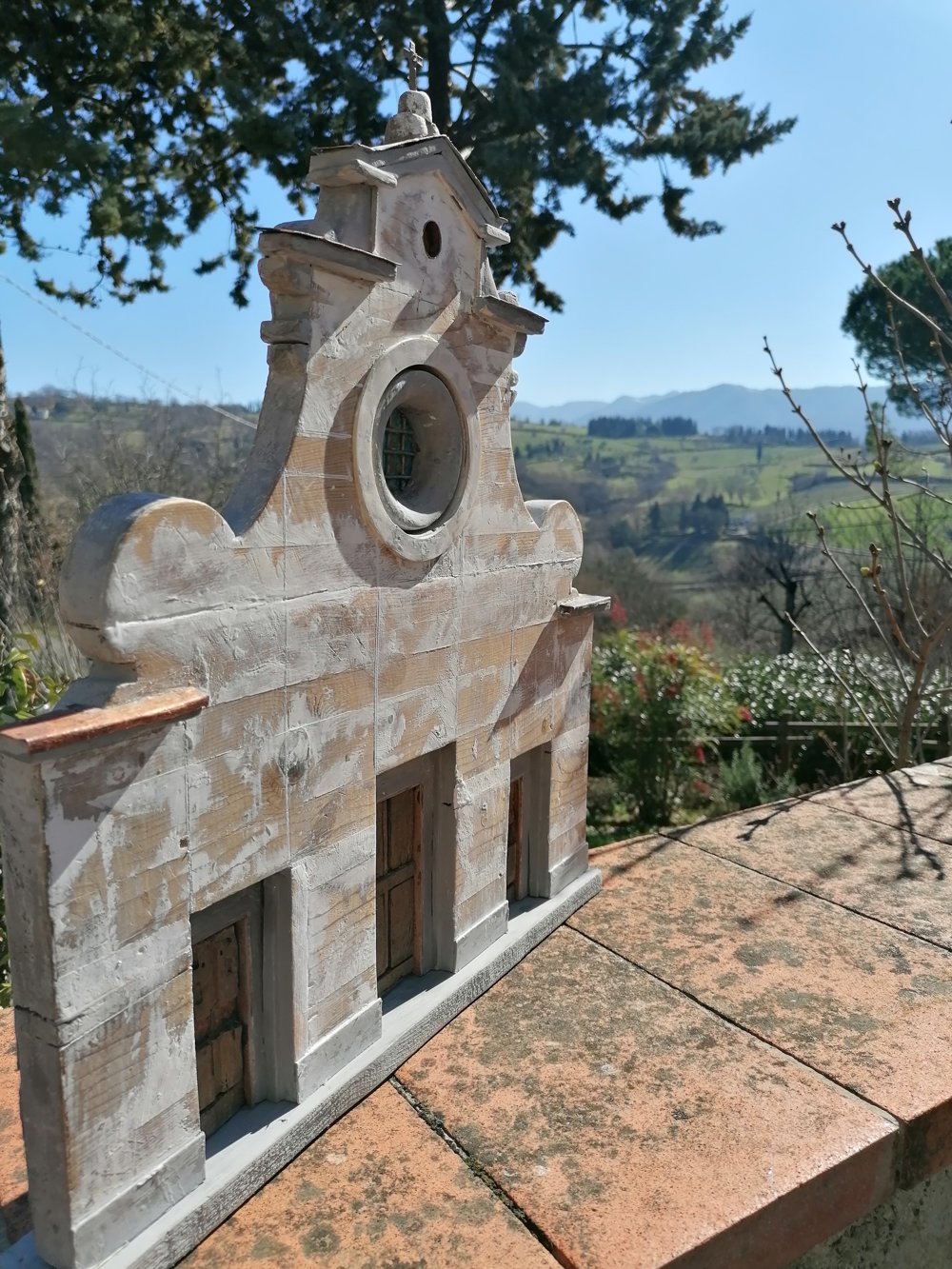
Tourist rentals – how to deal with them
What are short-term rentals under Italian legislation?
What are short-term rentals under Italian legislation?
The first and most important aspect to consider is the following: what are short-term tourist rentals under Italian legislation? The answer in this respect is given directly by Article 4(1) of Legislative Decree No.51/17, which defines them: "lettings of immovable property for residential purposes for a period not exceeding 30 days. Rental agreements may provide for the provision of certain services for the premises. These are contracts concluded by individuals not engaged in business activities, either directly or through persons carrying out real estate intermediary activities, including the management of internet portals". The subject of short-term tourist rentals are properties falling into cadastral categories A1 to A11 (all types of housing, private offices and mountain huts). Overnight stays per customer may never exceed 30 days. The contract must be signed by private persons.
Presumption of enterprise
Law No. 178/20 introduced the so-called presumption of enterprise for persons operating short-term tourist rentals, as stated in paragraph 595 of Article 1.
What does this presumption of enterprise consist of? The answer is very simple: if the owner of the property manages more than four apartments, the activity must be carried out in the form of a business for each individual tax period. In other words, the person concerned must set up a VAT number.
What services can be offered to customers
What other services can the property owner offer when using the property as a short-term tourist rental? Decree No. 50/2017 allows you to offer other services to guests in addition to the accommodation itself. However, it should be kept in mind that only additional services directly related to the rental of the property are allowed.
To summarise as much as possible, the permitted additional services are as follows:
- provision of bed linen
- change of bed linen (at the end of each overnight stay)
- cleaning of the premises (at the end of each overnight stay)
It is very important to keep this list of services in mind as these are the only services that can be provided in the context of a short-term tourist rental. If you want to offer other types of services, such as breakfast or guide services, you are no longer just offering a rental: the additional services become more prevalent than the rental itself. These types of services need to be managed through various forms of business that are explicitly regulated by law, such as:
- Holiday home ("Casa Vacanze");
- Room rentals („Affittacamere“);
- „Bed and Breakfast“;
- Hotels
Taxation of rent
The amount of rent for short-term tourist rentals is left to the agreement of the parties. Once the property owner receives this rent, it is subject to taxation as personal income (IRPEF).
Individuals (citizens or foreigners) who receive rental income are always required to file a tax return in Italy. Rental income must be reported in panel RB of the tax return, which includes so-called property income.
Instead of IRPEF taxation, it is possible to opt for a flat tax regime, the so-called "cedolare secca". This choice must be made directly in the income tax return, in panel RB, in the line that identifies the rented property (in case the tourist rental remains verbal and is therefore not registered).
